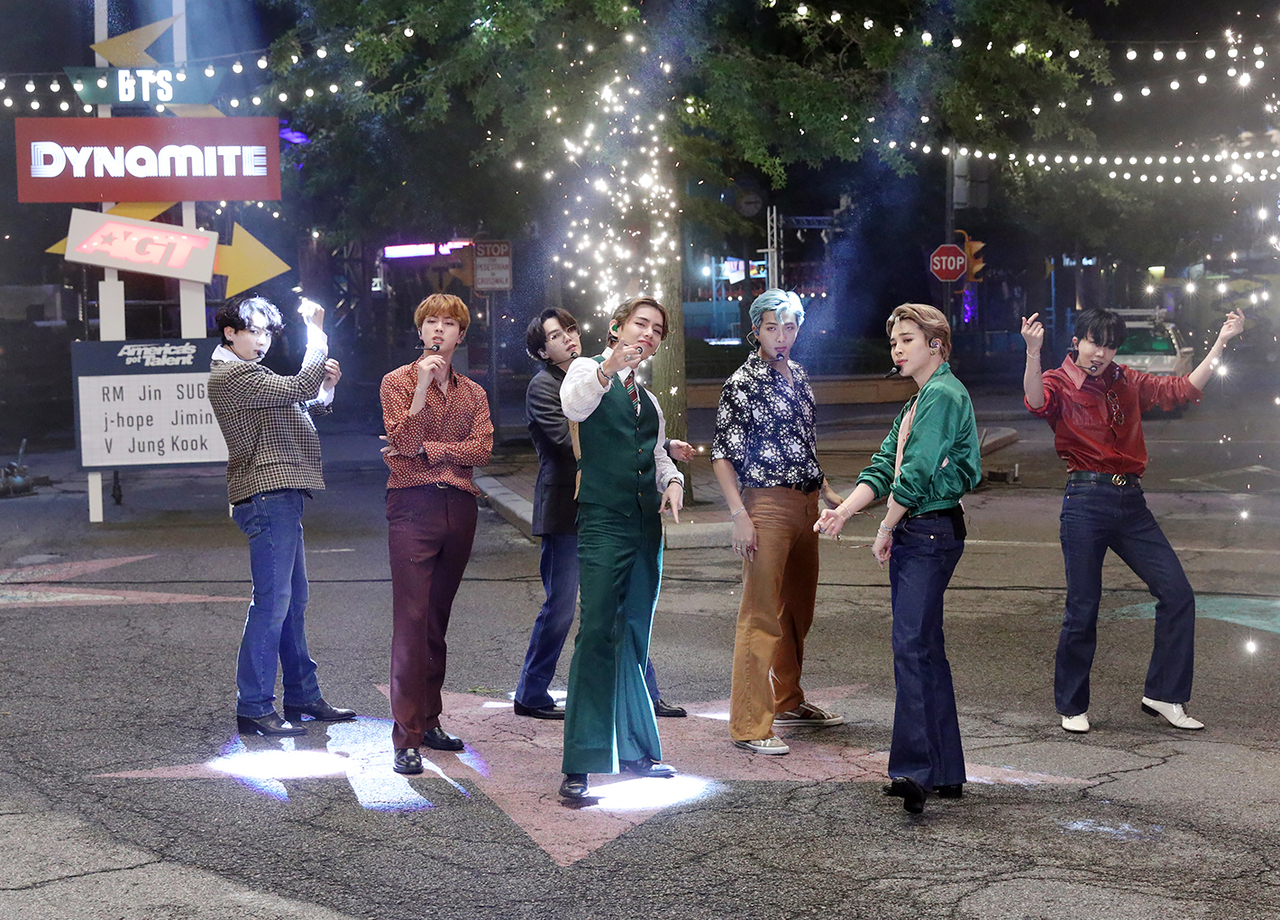SEOUL (ANN/THE KOREA HERALD) – It was already foreseen by industry insiders and music critics that no K-pop act would participate in the 67th Grammy Awards — not even as performers — during the event in Los Angeles on Sunday.
Specialists — while recognising that K-pop continues to be viewed as a subculture in the US and primarily appreciated by devoted fans — suggest that rather than seeking Grammy acknowledgement, K-pop artists ought to concentrate on creating their own paths.
As one of the most esteemed music awards globally, this year’s Grammys featured top global artists, such as Beyoncé, Taylor Swift, Billie Eilish, Kendrick Lamar, Post Malone, Charli XCX and Sabrina Carpenter, nominated in multiple categories but no K-pop artists were nominated this year.

Thus far, BTS remains the only K-pop act to have received Grammy nominations. The group initially participated in the Grammy Awards as presenters in 2019, showcased a performance in a unique segment the following year in 2020, and later achieved nominations the next three years in a row. The group likewise stepped onto stage to perform at the award ceremonies in 2021 and 2022.
According to a K-pop agency official, the absence of K-pop at this year’s Grammys was ascribed to the lack of a group with equal scale of global dominance as BTS.
The official said that “no K-pop group apart from BTS has ever been nominated, and no group has reached their level of influence yet. While Stray Kids and TXT have shown growth, they haven’t reached the scale required for Grammy consideration.”
He also noted that the musicality of K-pop has yet to be genuinely recognized by the Grammy committee. “Latin pop and Afrobeats have established themselves as distinct genres, but K-pop lacks a clearly defined musical identity in the Western music industry. In the US, performance-driven music, which is a core element of K-pop, still struggles to gain industry recognition,” the official added.
Lim Hee-yun, a music critic, expressed comparable views, characterizing K-pop as a niche genre in the US instead of a mainstream phenomenon. “K-pop is still a subculture in the US,” Lim said. “While BTS and Blackpink enjoy global popularity, the genre remains a niche driven by dedicated fans.”
Aside from the genre’s reputation in the US, persistent criticism of the Grammys racial bias and discrimination has been pointed out as a factor affecting winners and nominees alike.
Beyoncé, with a record of 99 Grammy nominations and 35 wins, has won the song of the year award only once, for “Single Ladies” in 2010, and only after three previous attempts, she ultimately secured the album of the year award this year for “Cowboy Carter.”
This tedious pattern has sparked backlash against the Grammys for being “white-dominated,” with award recipients chosen by votes from the 13,000-member Recording Academy.
Culture critic Jeong Deok-hyun noted that although such biases are present, the Grammys also maintain a sharp level of musical standards. “The Grammys tend to apply stricter musical criteria. While K-pop’s massive popularity doesn’t mean it lacks artistic achievement, it seems the Grammys doesn’t view it as meeting its standards,” Jeong said. “Perhaps there are aspects of K-pop that simply don’t align with the Grammys’ evaluation criteria.”
Nevertheless, Jeong thinks that the Grammys cannot overlook the ever-evolving industry trends indefinitely. “Just as the Academy Awards (for film) has evolved, the Grammys will also recognise a broader range of musical content over time. K-pop should focus on what it can achieve within its own industry flow. By doing so, musical accomplishments will naturally follow,”






